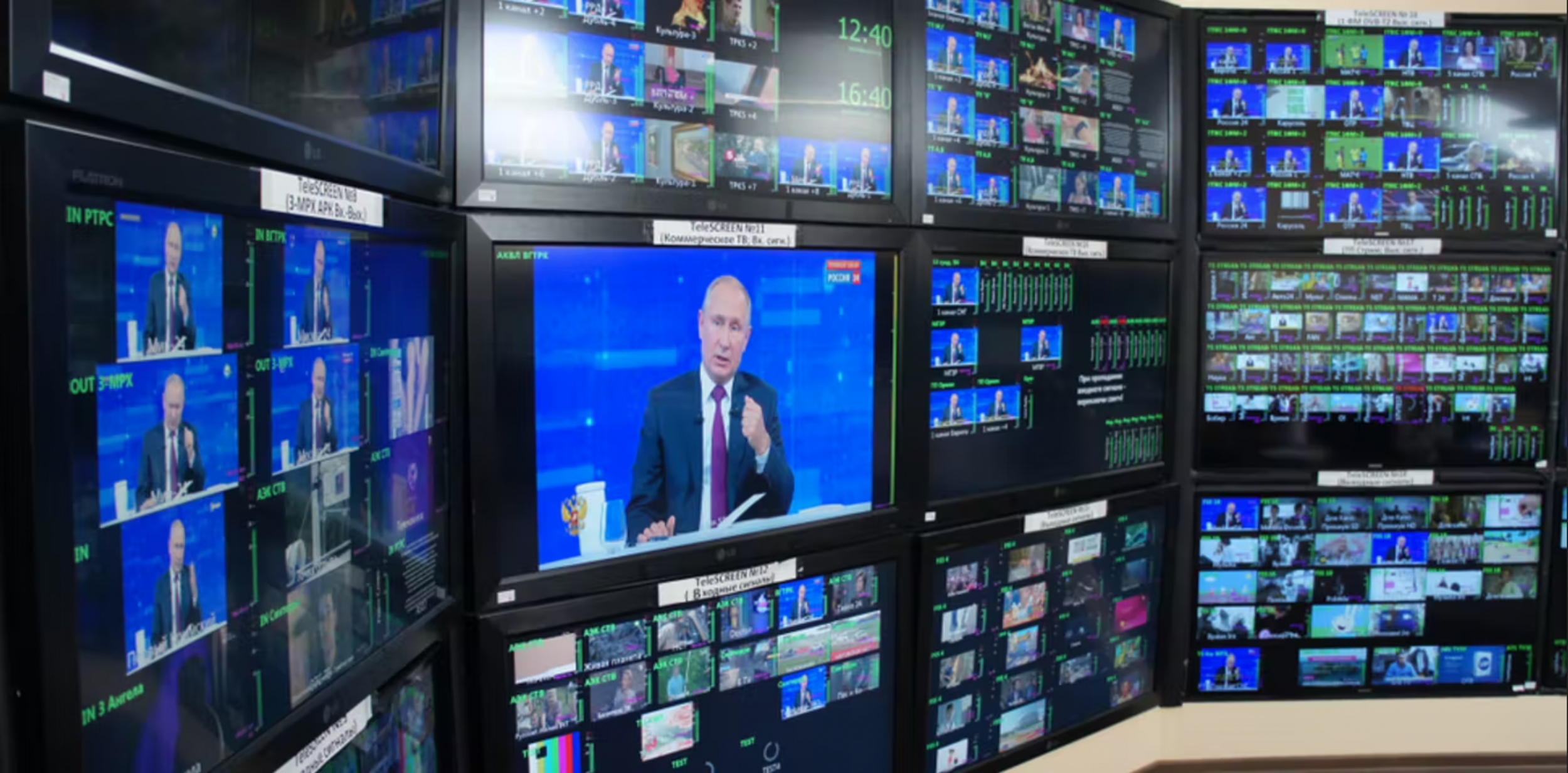 Taner Dogan, Guest Teacher at the LSE, looks at how a set of Turkish drones have become a symbol of resistance in the Russia-Ukraine war, and the implications of this for diplomatic relations.
Taner Dogan, Guest Teacher at the LSE, looks at how a set of Turkish drones have become a symbol of resistance in the Russia-Ukraine war, and the implications of this for diplomatic relations.
It’s not just Ukrainian President Zelenskyy’s signature military t-shirt or social media videos in English, Russian and Ukrainian languages that have played a critical symbolic role in the ongoing conflict between Russia and Ukraine: Turkish drones have also became an aesthetic symbol of emotional resistance (Bourdieu) for the Ukrainian people since a song called “Bayraktar” was composed in March 2022, which mobilised public support.
Flags, poems, songs, slogans, logos, historical personalities and events are powerful symbols of hope that can help develop a national identity and pride. Power relations can shape this symbolism during conflicts. Who would think people would sing a song about a defence system developed in a foreign country?
A couple of weeks after Russia attacked Ukraine, Taras Borovok penned a patriotic song in the Ukrainian language called ‘Bayraktar’, the same name as the Turkish drones, created by President Erdogan’s son-in-law. Borovok, a former Ukrainian colonel, songwriter and singer, who was interviewed by pro-Erdogan media, wrote the song in two hours and never expected it would become so popular. As an example, here are two verses (out of seven) which are followed by a “Bayraktar, Bayraktar” chorus each time:
The invaders came to us in Ukraine
The uniform’s new, military chain
But their inventory melted in part
[…]
The Kremlin scumbag propagandises
People believe the words likewise
Now their tsar knows a new star
A symbol of victory
“Bayraktar is a word that every Ukrainian knows and loves 💛💙” said Anton Gerashchenko, an Advisor to the Minister of Internal Affairs of Ukraine who describes himself as the “Official enemy of Russian propaganda“. His tweet, along with a video of army members singing the Bayraktar song, went viral, liked more than 11 thousand times.
The unbalanced power structures of the Ukrainian and Russian military have obliged the Ukraine side to motivate soldiers on the frontline, along with women and children at home or journeying across Europe seeking refuge. Along with Bayraktar footage of Russian artillery being blown up, this song was a timely emotional lifesaver.
Ukraine’s ‘imagefare’ against Russia’s warfare and President Putin’s authoritarian governance have stimulated global support in favour of the Ukrainian people. Part of this imagefare is now the Bayraktar TB2.
When Ukraine collected money through crowdfunding to buy new drones from Turkey, Baykar, the manufacturer of Turkish drones, decided to donate three drones to Ukraine. “We ask that raised funds be remitted instead to the struggling people of Ukraine. We are touched by their solidarity,” was the message of the Turkish company in the Ukrainian language. Andriy Yermak, head of Ukraine’s Presidential Administration, welcomed the decision on Twitter and highlighted that “for every Ukrainian, Bayraktar is a legend that will become a symbol of victory of the indomitable Ukrainian people.”
A bond of friendship
Although President Zelenskyy emphasised in April that Bayraktar drones do not play a decisive role in the war with Russia, the Bayraktar song and Bayraktar’s impact on the ground have developed a special relationship between Ukraine and Turkey. The band of the Ukrainian Army released a video on the day of Eid al-Fitr, one of the official holidays celebrated by Muslims worldwide, marking the end of Ramadan. The Ukrainian army sang the Salawat, an Islamic blessing which salutes the Prophet of Muslims. After performing the Salawat, the army sent messages of congratulations in the Turkish language, which was interpreted as a gesture to Turkey for supporting the operation against Russia with Bayraktar drones and playing a mediator role between Ukraine and Russia. The strategic decision to release a sacred song across the Muslim world was perceived with pride by pro-government Turkish media. The cultural and religious diplomacy between Ukraine and Turkey peaked when Zelenskyy recorded a video in July 2022 for Eid al-Adha, the second most important holiday for Muslims. He congratulated Turks and Crimean Tatars in the Turkish language.
Bayraktar drones are now a central element of the Ukrainian war narrative. Whether it is the enemy, the international community or the domestic audience of the Kyiv government, Ukraine’s sophisticated use of media tools has been an essential strategy in the battle over ideas and perceptions.
The progress of Turkish drones on the ground along with the Western military, financial and media support, has strengthened anti-Putin feeling among the public outside Russia. In particular European governments, universities and institutions responded very quickly to the influx of Ukrainian refugees, students and academics by announcing scholarship and funding opportunities. In other words, Kyiv’s resistance has helped Ukraine to justify their cause and influence international relations to develop a collective behaviour, whether by addressing the World Economic Forum in Davos, G7 in Germany or the European Parliament in Brussels.
A Turkish political tool
The song is not just popular in Ukraine, where Ukrainians give the name Bayraktar to their pets, but also in Turkey. Turkish drones in Ukraine is a useful domestic tool for Erdogan’s party, its pundits and trolls on social media, to defend the government and manipulate the public from economic crisis and record inflation.
According to Konrad-Adenauer-Stiftung’s Turkish Youth Research 2021, 72.9% of the respondents aged 18-25 years old do not see their future in Turkey. The resistance of generation Z to Erdogan’s authoritarian rule has been on the president’s radar for quite some time. Instead of using the term ‘generation Z’ to describe the generation born in mid to late 1990s and will be voting for the first time next year, his advisors developed a new term called ‘Technofest generation’, to create a link with Bayraktar drones founder Selcuk Bayraktar’s Teknofest Aerospace and Technology Festival, which he started in 2018 to encourage young Turks to consider future studies in the area of aerospace, artificial intelligence and engineering. Bayraktar’s success became one of a few success stories pro-government sources can use in their rhetoric to convince the youth in the 2023 presidential elections, which will be very challenging for the Erdogan’s AKP party.
Music can promote peace, hope and a cheerful mood, but it also has the power to play an aesthetic role in resistance. “A flag is only a bit of cloth; nevertheless, a soldier will die to save it,” was sociologist Emile Durkheim‘s strong statement on the emotional power of the flag. While courageous Ukrainian men seek to save their blue-yellow flag, the lyrics, melody, harmony, and rhythm of emotive music celebrating an unmanned aircraft system deliver hope against the antagonistic Russian propaganda.
This article reflects the views of the author and not those of the Media@LSE blog nor of the London School of Economics and Political Science.





